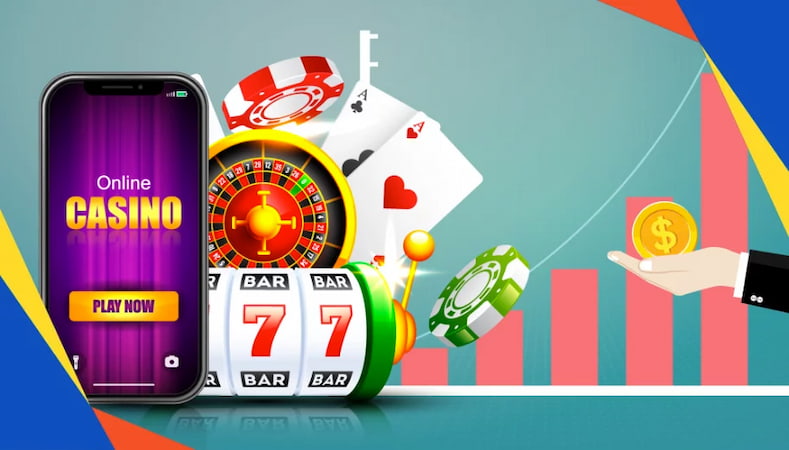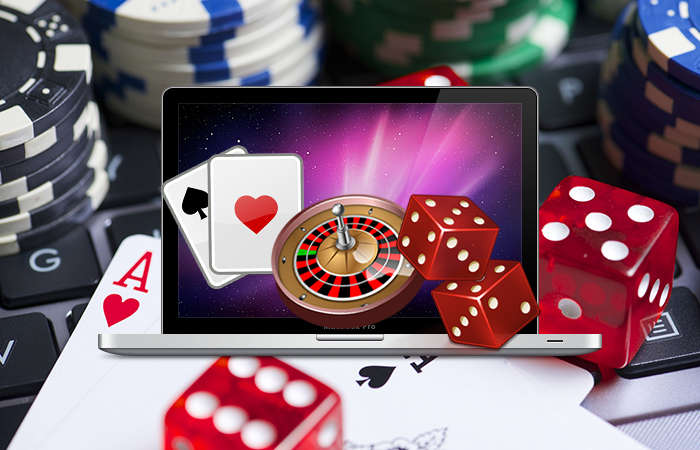
Decentralized Gambling Explained
As technology continues to evolve, the gambling industry is experiencing profound changes. One of the most significant trends is the rise of decentralized gambling, which utilizes blockchain technology to create a fair, transparent, and secure gaming environment. In this article, we’ll explore what decentralized gambling is, how it works, its numerous benefits, and the challenges that come with it. If you are looking for a unique gaming experience, you might want to check out Decentralized Gambling Explained vipking.
What is Decentralized Gambling?
Decentralized gambling refers to online gambling platforms built on decentralized networks, particularly blockchain technology. Unlike traditional gambling platforms that operate on centralized servers and are controlled by a single entity, decentralized gambling platforms allow users to engage directly with each other in a peer-to-peer manner. This system eliminates the need for intermediaries and provides participants with better control over their betting experience.
How Does Decentralized Gambling Work?
At the core of decentralized gambling is blockchain technology. Blockchain is a distributed ledger that records transactions across many computers in a way that ensures the security and transparency of data. Here’s a simplified breakdown of how decentralized gambling works:
- Smart Contracts: Decentralized gambling platforms use smart contracts, which are self-executing contracts with the terms of the agreement directly written into code. These contracts automatically enforce the rules of the game, ensuring fair play and reducing the risk of fraud.
- Cryptocurrency Transactions: Most decentralized gambling platforms operate using cryptocurrencies. Players can deposit, gamble, and withdraw using various digital currencies, adding another layer of anonymity and security to the process.
- No Central Authority: As there is no central authority controlling the platform, users have full control over their funds, and the process is much quicker compared to traditional gambling sites where withdrawals can take days to process.
Benefits of Decentralized Gambling
The shift towards decentralized gambling comes with numerous advantages:
- Transparency: Transactions made on a blockchain are recorded in a manner that is publicly accessible and immutable. This transparency helps to prevent cheating and ensures that all outcomes are fair.
- Anonymity: Players can gamble without providing personal information to a centralized entity. This added layer of privacy is appealing to many users.
- Lower Fees: By eliminating the need for intermediaries, decentralized platforms often offer lower fees than traditional online casinos.
- Global Access: Decentralized gambling platforms can be accessed from different jurisdictions, enabling players from around the world to engage in gaming without restrictions imposed by local regulations.
- Inclusive Gaming: These platforms often allow for a wider variety of games, including innovative and niche options that may not be available on traditional platforms.

Challenges and Risks
Despite the numerous advantages, decentralized gambling also comes with its own set of challenges and risks:
- Regulation Issues: The nature of decentralized gambling makes it hard to regulate, which can lead to legal ambiguities in different countries.
- Smart Contract Vulnerabilities: While smart contracts are designed to enforce agreements automatically, improper coding can lead to vulnerabilities and exploitation.
- Market Volatility: The value of cryptocurrencies can fluctuate wildly, affecting the betting experience and the financial outcomes for players.
- Scams and Fraud: As with any online platform, the anonymity and lack of regulation can be exploited by malicious actors, leading to scams.
How to Start with Decentralized Gambling
If you’re interested in trying out decentralized gambling, here are some essential steps to get started:
- Choose a Cryptocurrency: Before you can gamble on a decentralized platform, you need to select a cryptocurrency you wish to use. Bitcoin, Ethereum, and various altcoins are popular choices.
- Set Up a Wallet: You must have a digital wallet to store your cryptocurrency securely. Wallets can be hardware or software-based.
- Select a Platform: Research and select a reputable decentralized gambling platform. Look for user reviews, security measures, and the variety of games offered.
- Start Gambling: Once you have your wallet set up and funds transferred, you can fund your account on the platform and start playing.
The Future of Decentralized Gambling
The world of gambling is continuously evolving, and decentralized platforms are at the forefront of this transformation. With the potential to reshape the way people wager, access games, and engage with one another, decentralized gambling appears to be a promising avenue for the gaming industry.
As blockchain technology matures, we can expect more innovations within decentralized gambling, such as enhanced security features, more user-friendly interfaces, and an even wider range of games and gambling options. The key will be striking a balance between ensuring player safety and encouraging innovation within this new frontier of gaming.
Conclusion
Decentralized gambling has opened up a whole new world of possibilities for both players and operators. By leveraging blockchain technology, these platforms offer a fair, secure, and transparent gaming experience that is revolutionizing the industry. While challenges remain, the benefits offered by decentralized gambling platforms are significant, making them a compelling option for those looking to enhance their betting experience. As technological advancements continue to drive the evolution of gambling, it will be exciting to see how decentralized solutions shape the future of the industry.

